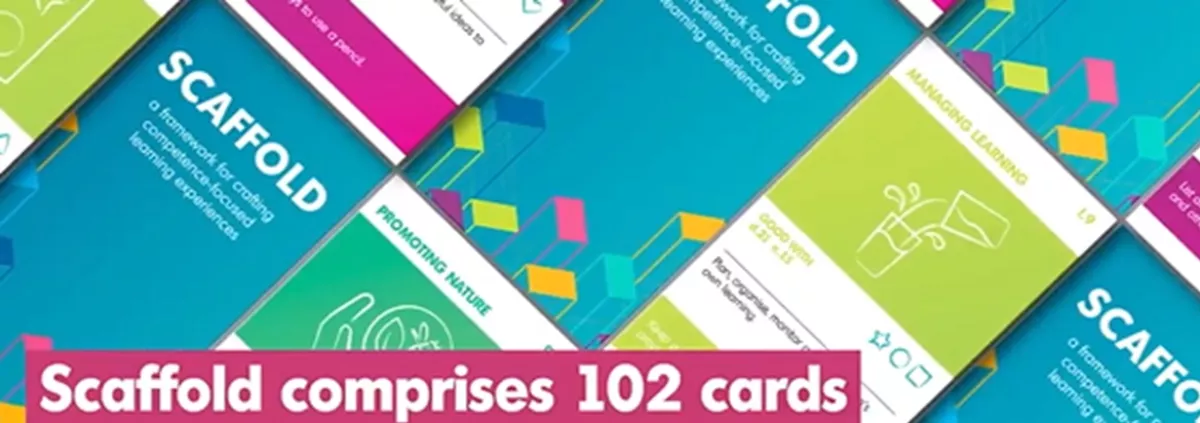ETF launches project DARYA SCAFFOLD to design competence-oriented learning experiences in Central Asia.
With the training of national experts and a support team, the DARYA SCAFFOLD project was launched in March 2024 to develop competence-oriented learning in 5 Central Asian countries: Kazakhstan, Kyrgyzstan, Tajikistan, Turkmenistan, and Uzbekistan.

SCAFFOLD is an innovative tool designed to enhance the teaching process. It facilitates interaction with European competence frameworks, making them more accessible and practical for teachers and educators across various fields. The idea behind Scaffold is to provide educators with a deck of 102 cards that they can use to design learning activities. The cards represent competences, instructional design principles, assessment methods, and prompts for educational activities. The tool is versatile, suitable for any subject and educational level, and beneficial for non-formal learning settings. The cards act as building blocks, enabling educators to construct tailored learning experiences that meet their goals and address the needs of their learners. SCAFFOLD's portability, collaborative potential, flexible structure, and scalability make it an asset for creative and effective educational planning. The tool can also be used by groups of educators collaborating to plan cross-curricular or multi-disciplinary.

The project DARYA SCAFFOLD is about the design, delivery, and facilitation of online and face-to-face peer learning activities to promote understanding and application of the key competences and EU-related frameworks for entrepreneurship, digital, sustainability and personal, social and learning-to-learn competencies for educators in Central Asia. The active phase of the project is expected to last until the middle of next year with the training of at least 102 teachers - multipliers of general, secondary, and vocational education, which in turn will be able to reach thousands of teachers from five Central Asian countries.
The project team is counting on substantial support from official education authorities, politicians and NGO representatives from Central Asian countries, ranging from simplification of administrative rules and documentation for schools to the creation of legislative initiatives. It is hoped that the introduction of SCAFFOLD cards will give schools greater flexibility in their curricula and more autonomy for teachers in curriculum development, allowing them to integrate innovative methods into their teaching strategies. Moreover, the DARYA SCAFFOLD project advocates for a shift towards more holistic assessments that go beyond standardized tests, allowing for a wider evaluation of student learning that aligns with innovative approaches and the future of education in Central Asia.
Subscribe to the DARYA project web page
Follow the DARYA Facebook page for live updates

Please log in or sign up to comment.